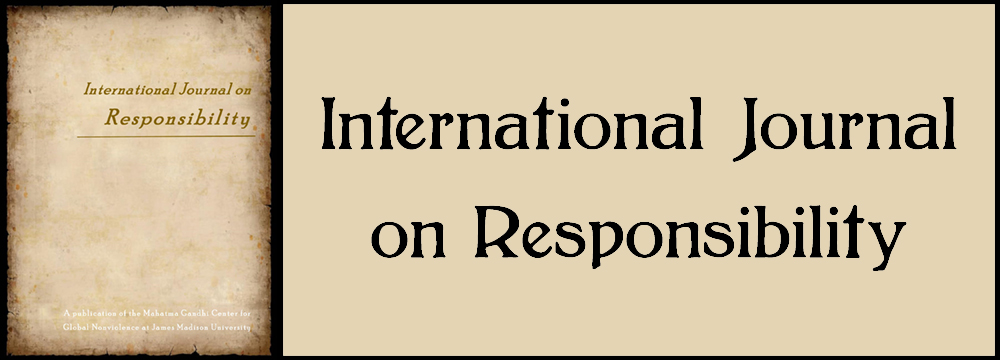
Abstract
Counselor educators have a responsibility to ensure client welfare in counselor training and this extends to increasing the cultural competence of counseling students when working with clients representing diverse populations. Due to the persistence of inequality and absence of cultural competence in the health and behavioral health settings, People of Color (POC) experience health disparities at alarming rates. This begs the questions about who is responsible for these health disparities and how inequities can be addressed. This Interpretative Phenomenological Analysis (IPA) study examined the narratives of eleven self-reported White Allies who are working to dismantle oppression through their advocacy efforts. Themes from the analysis stated that the participants witnessed overt acts of racism, attempted to use intervention and education-based actions to address the racism, and identified systemic racism as the biggest issue experienced by African American people. Recommendations for counselors, counselor educators, and allies will be included.
Recommended Citation
Evans, Amanda M.; Williams, Brittany; Staton, A. Renée; Green, Darius; and Shepard, Charles
(2019)
"Allyship: The Responsibility of White Counselor Education. Allies in Addressing Racism and Discrimination,"
International Journal on Responsibility: Vol. 3:
Iss.
2, Article 4.
DOI: https://doi.org/10.62365/2576-0955.1034
Available at:
https://commons.lib.jmu.edu/ijr/vol3/iss2/4
DOI
10.62365/2576-0955.1034


